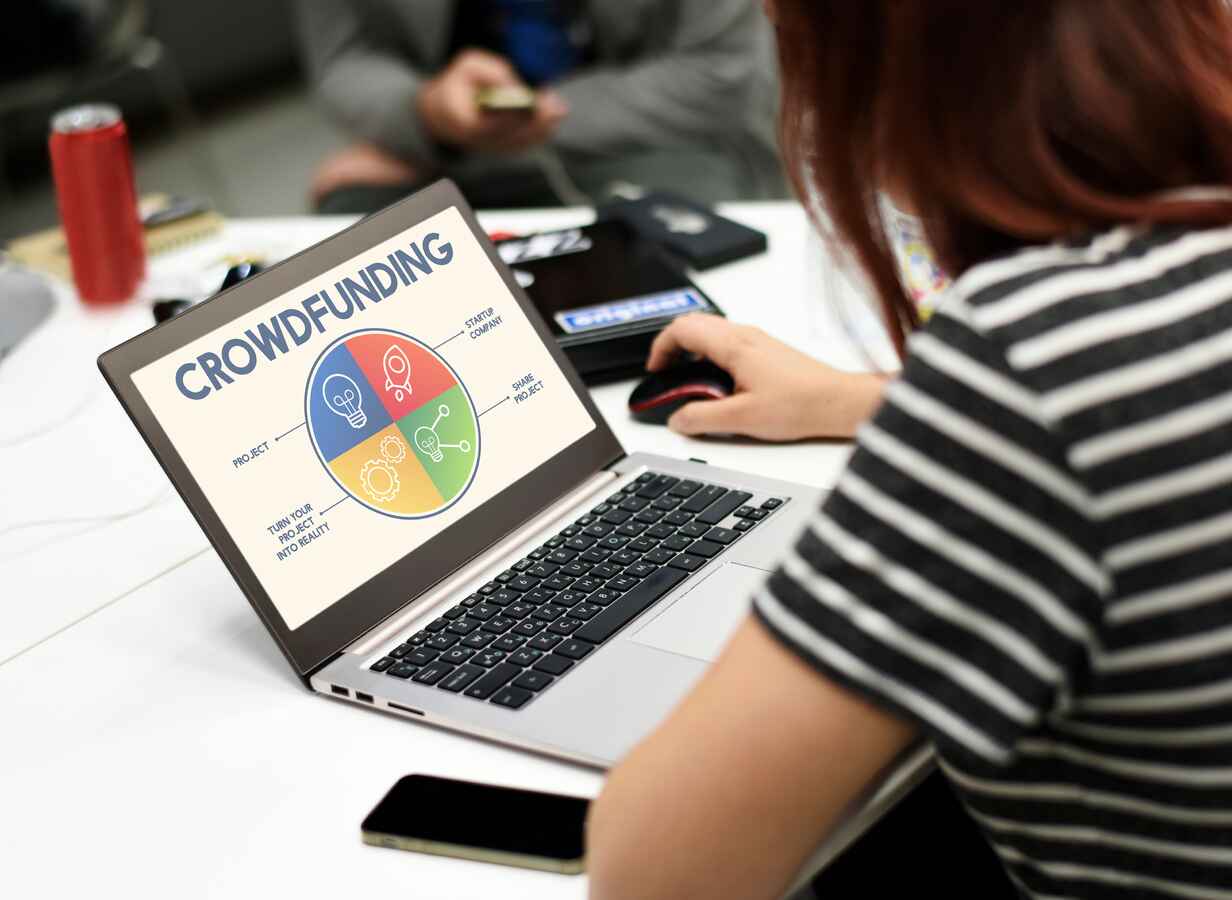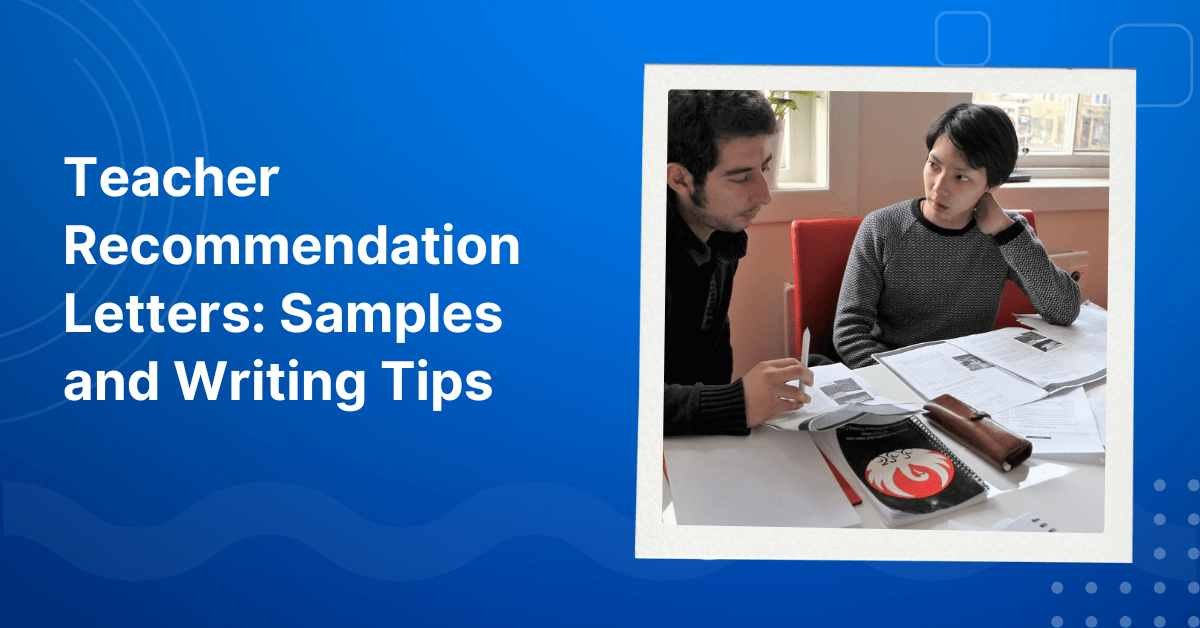What are examples of learning objectives? VTJ answers this question by providing practical examples of learning goals. These examples will help you develop positive habits and achieve success in your academic and professional life.
 What are examples of learning objectives?
What are examples of learning objectives?
Why is it necessary to set goals in learning?
The questions “Where should I start my work?” or “What do I need to do next?” are most often asked by people. To solve the situation that they If you often encounter problems, setting the following learning goals will help:
- Have a clearer plan, and know what you need to do to avoid wasting time.
- Create motivation to strive, complete work, and surpass yourself.
- Become a responsible person, have your values, and be useful to your family and society.
- Maintain concentration to develop intelligence, and avoid being too passive.
- Prepare for unexpected situations, late deadlines, or being urged to hand in work.
Read more: 22+ SMART Teacher Goals Examples in 2024
How do you write effective learning goals?
 The steps to writing effective learning goals
The steps to writing effective learning goals
When you set learning goals, think about what you or your students will receive after a journey: certificate, merit, graduating with honors, valedictorian at university entrance…
Step 1: Determine your goal
This is the initial goal so it must be within your ability and reach. To not affect your psychology, you should not set your goals too high.
Step 2: Allocate time for each level of implementation
Divide small goals from low to gradually higher in terms of job proficiency. At the same time, give the skills, knowledge, and attitudes needed to achieve that.
Step 3: Analyze necessary and sufficient conditions
These conditions are essential factors for you to reach another higher goal, contributing to reaching the original goal faster. This step avoids cases of not studying carefully, studying for the sake of it without truly mastering the problem.
Step 4: Adjust and add information according to context
Depending on each different situation, you can flexibly adjust your work. Consider the fast or slow learning progress of yourself or your students to navigate your goals and achieve the best results.
Read more: How to Write Teacher Letter of Resignation (+Examples)
SMART model – Building on learning objectives
SMART goals are a popular and well-known method when widely used. SMART stands for S – Specific, M – Measurable, A – Ability to execute, R – Realistic, T – Time-bound:
Factor S – Specific
The more specific a goal is, the more accurately it tells us what we need to pursue to achieve that goal. Many studies also show that the clearer the goal, the higher the feasibility of that goal. The more you visualize your intentions, the easier it is to shape what needs to be done to achieve that goal.
Factor M – Measurable
The measurement here is not based on feelings or senses, but it is related to specific numbers.
Factor A – Achievable
That means the goal must be achievable, not distant or unrealistic. Try to find a balance between setting achievable goals that are still challenging and encouraging each individual to discover their full potential.
Factor R – Realistic
Goals will be difficult to achieve if they lack realism. Therefore, it is necessary to ensure that there are enough practical conditions to achieve the goal.
Factor T – Time-bound
Setting goals within a specific time frame helps us be more motivated to achieve our goals. During the implementation process, we can know where we are in the learning and working process and promptly correct progress if we are going slower than planned. Depending on each person’s most focused time, determine a fixed time frame.
Top 5 examples of learning objectives
 Some examples of learning objectives
Some examples of learning objectives
- For example 1: A person sets a goal to lose 10 kg in 6 months, but this goal is still general. A more specific goal is how many kilos to lose in a week or a month to lose 10 kilos in 6 months. What’s the diet like? How should I exercise?
- For example 2: You study a lot of books on how to get rich, but specifically how many books are there? What lessons did you learn from that? How many principles can be applied in practice?
- For example 3: Example 3: Henry sets a goal of learning 50 English vocabulary words every day, which is considered too many vocabulary words in a day. When setting such a large goal, you should review its effectiveness.
- Example 4: Your computer is broken and has to be repaired. Therefore, you cannot complete your graduation thesis within 2 days. You can find ways to overcome or delay your study and work time.
- For example 5: One student has a different class schedule than the other students. The time when he studies intellectual subjects such as Math and Physics is at night from 10 pm to 1 am. Because this is the quietest time, everyone is as attentive and focused on the lesson as possible.
Read more: 120+ High and Middle School Debate Topics for Students
FAQs
What are the top 3 learning objectives?
There are three main goals for setting learning goals:
- Knowledge: when completing the training course, what do students need to know and to what extent?
- Employment: learning is not just about memorizing or understanding a concept but also about the ability to absorb new knowledge and apply it to find your career later.
- Trust: Trust in the instructor and direction to achieve the best results in learning objectives.
What are the 7 learning objectives?
To put it a little more deeply and broadly, the 7 goals in learning are:
- Promote your strengths as much as possible
- Prove that you are extraordinary when conquering challenges
- Contemplate a learning process and practical experience
- Perseverance and determination to do your best
- Demonstrate extensive skills and knowledge to everyone
- Participate in events that have an impact on society
- Awareness of ethics, right actions, and flexible thinking
Setting a learning objective is the first step in your desire to conquer. It helps you determine the fastest, best, and most effective path to that result. Through the above illustrative examples, we hope you will understand how to set goals for yourself and your students. Good luck!



